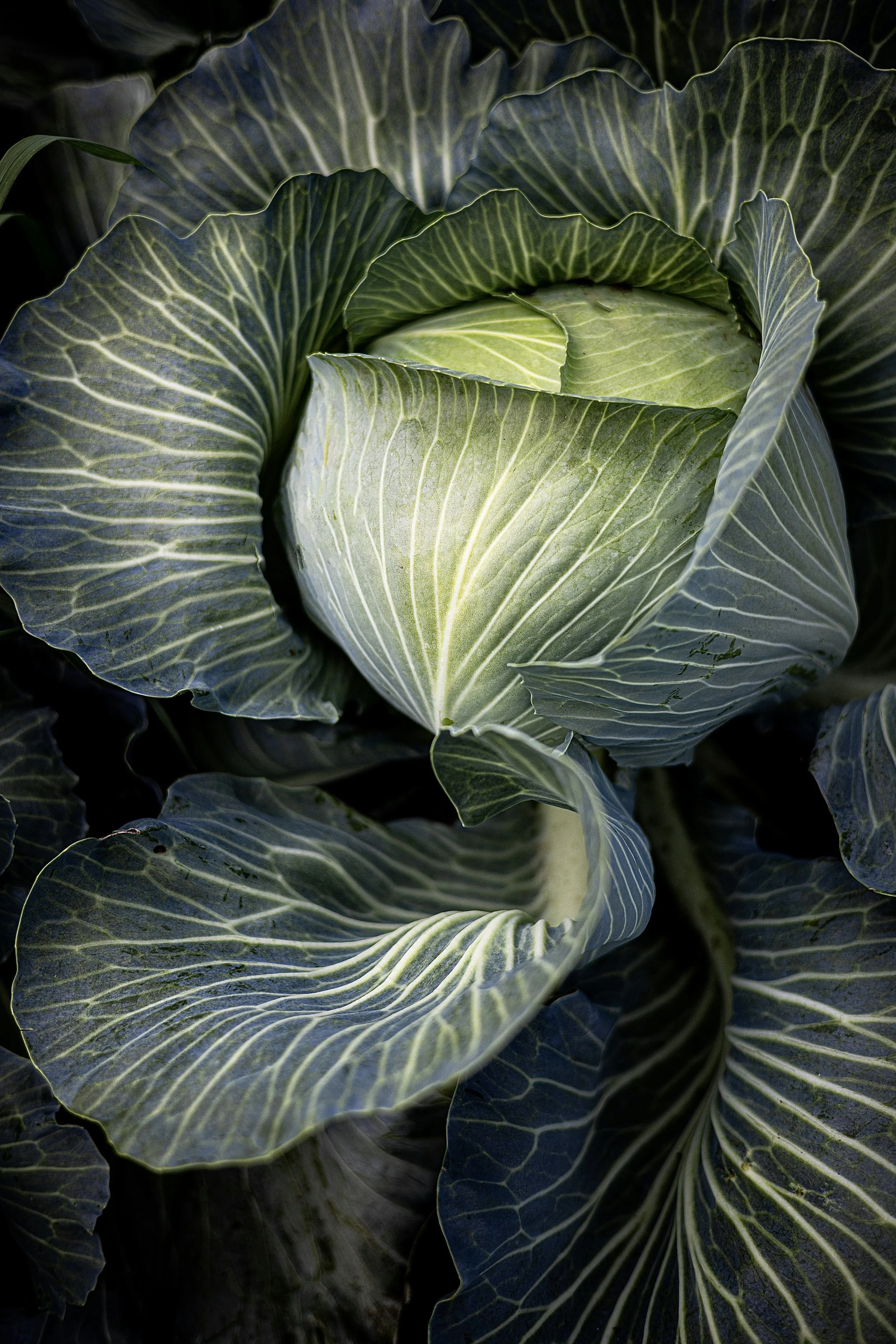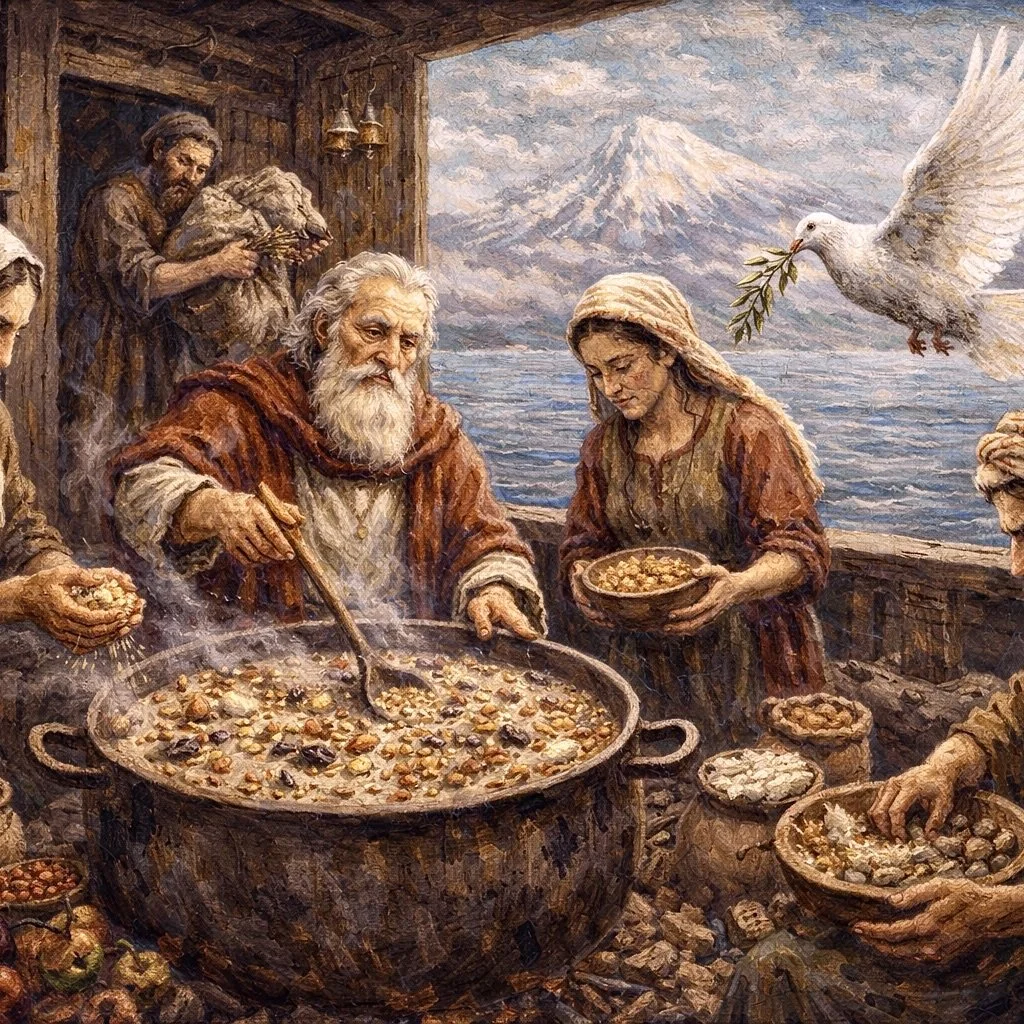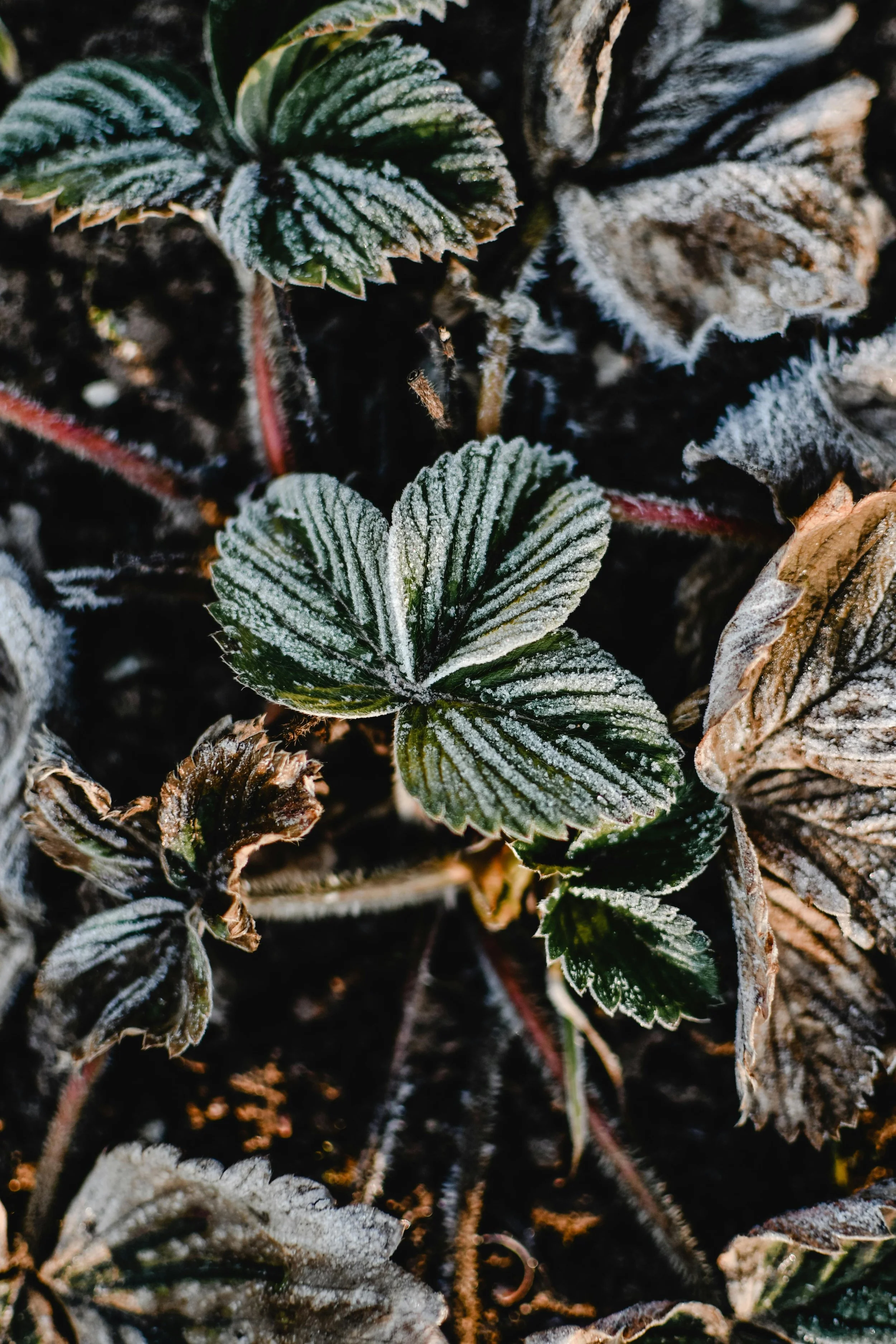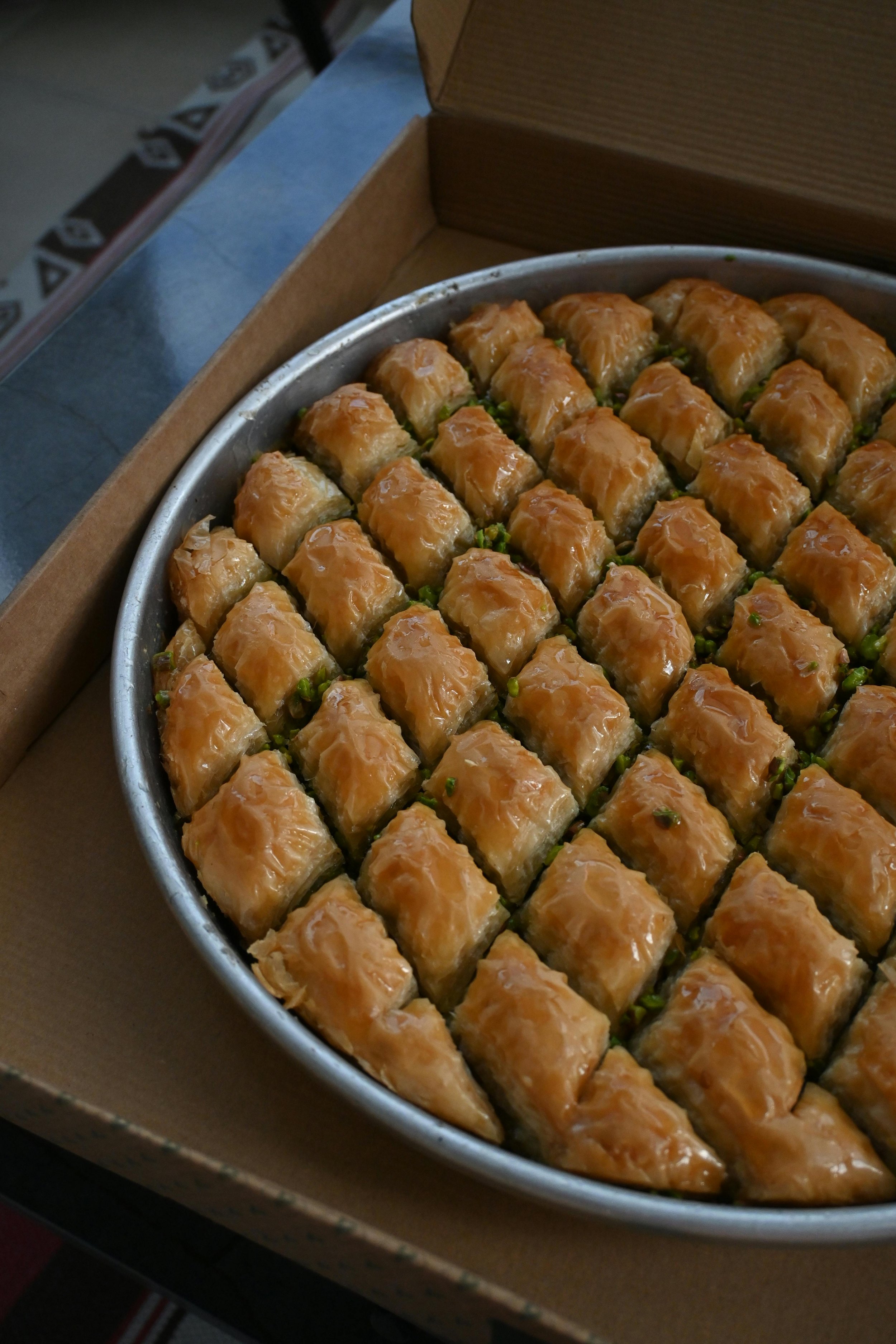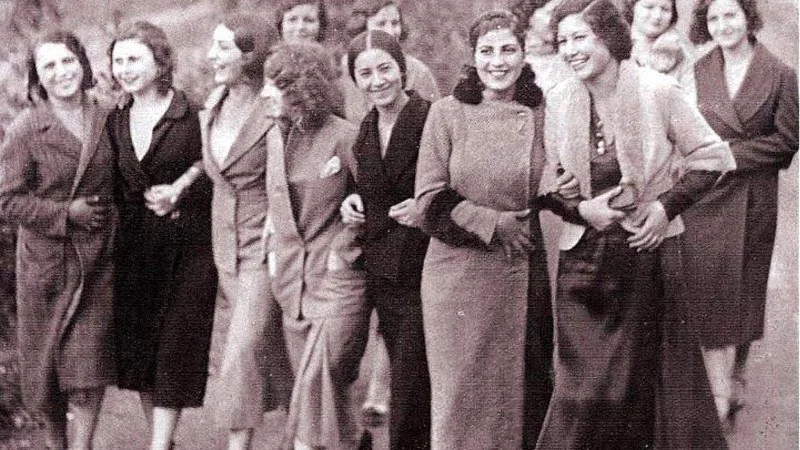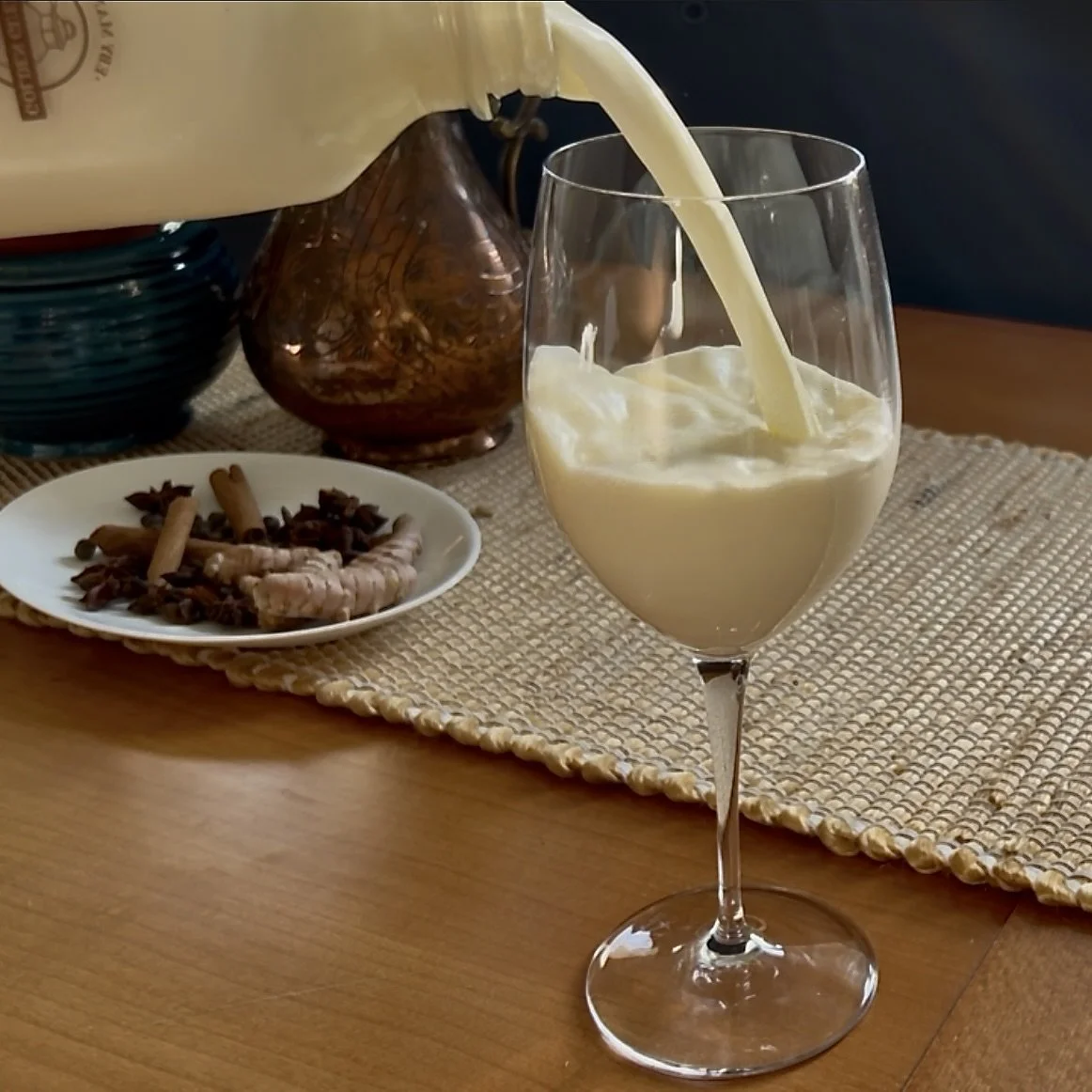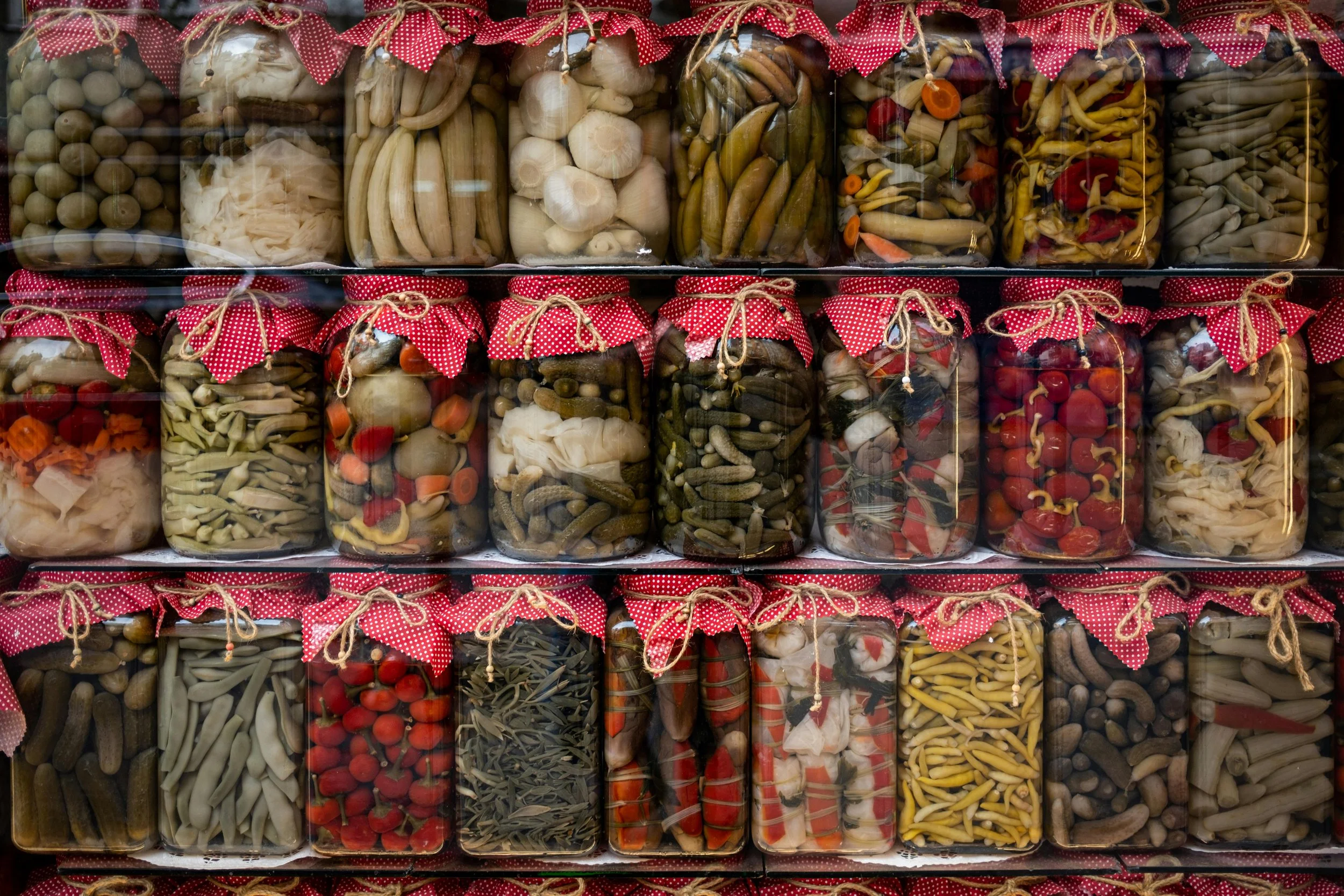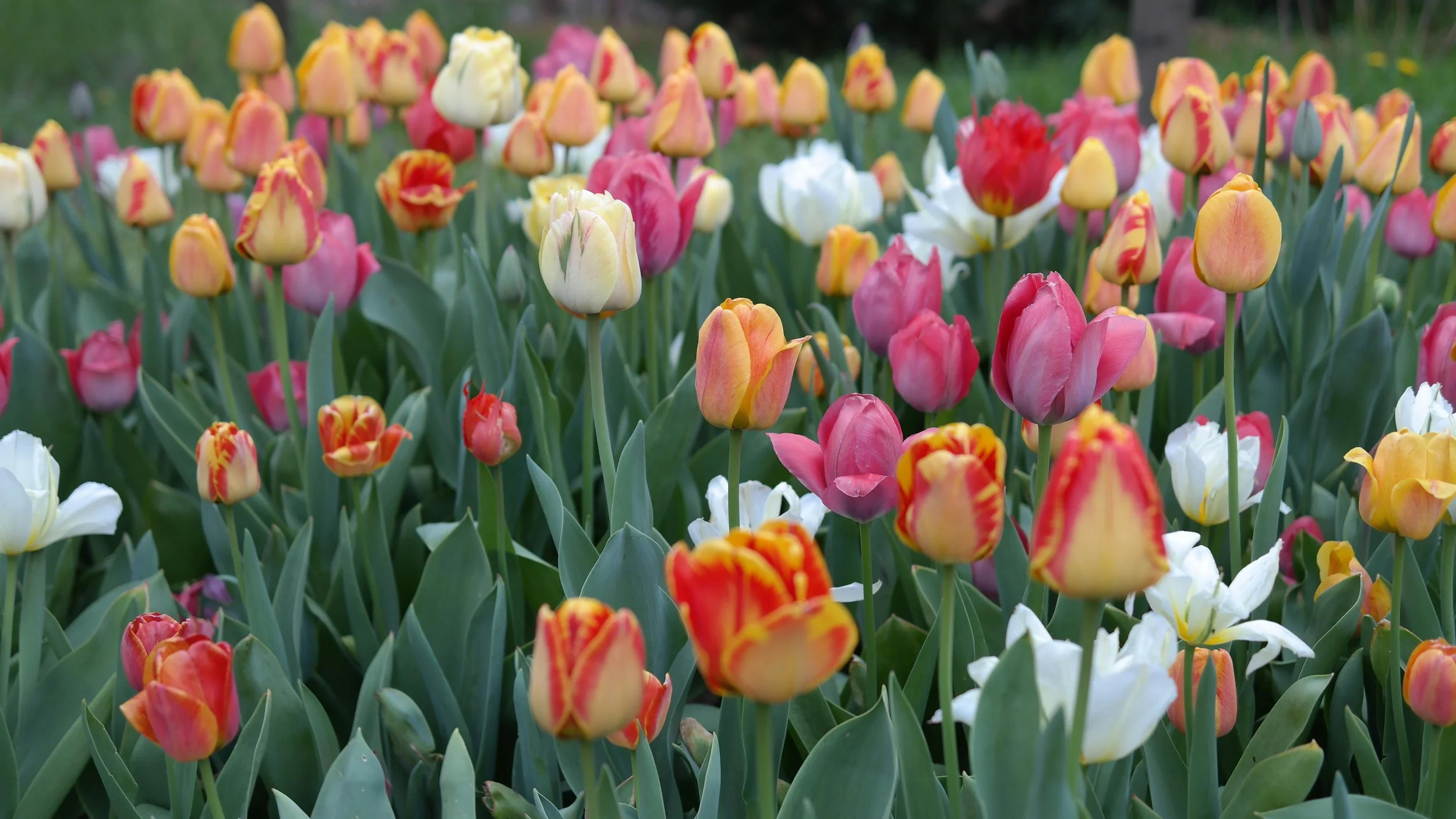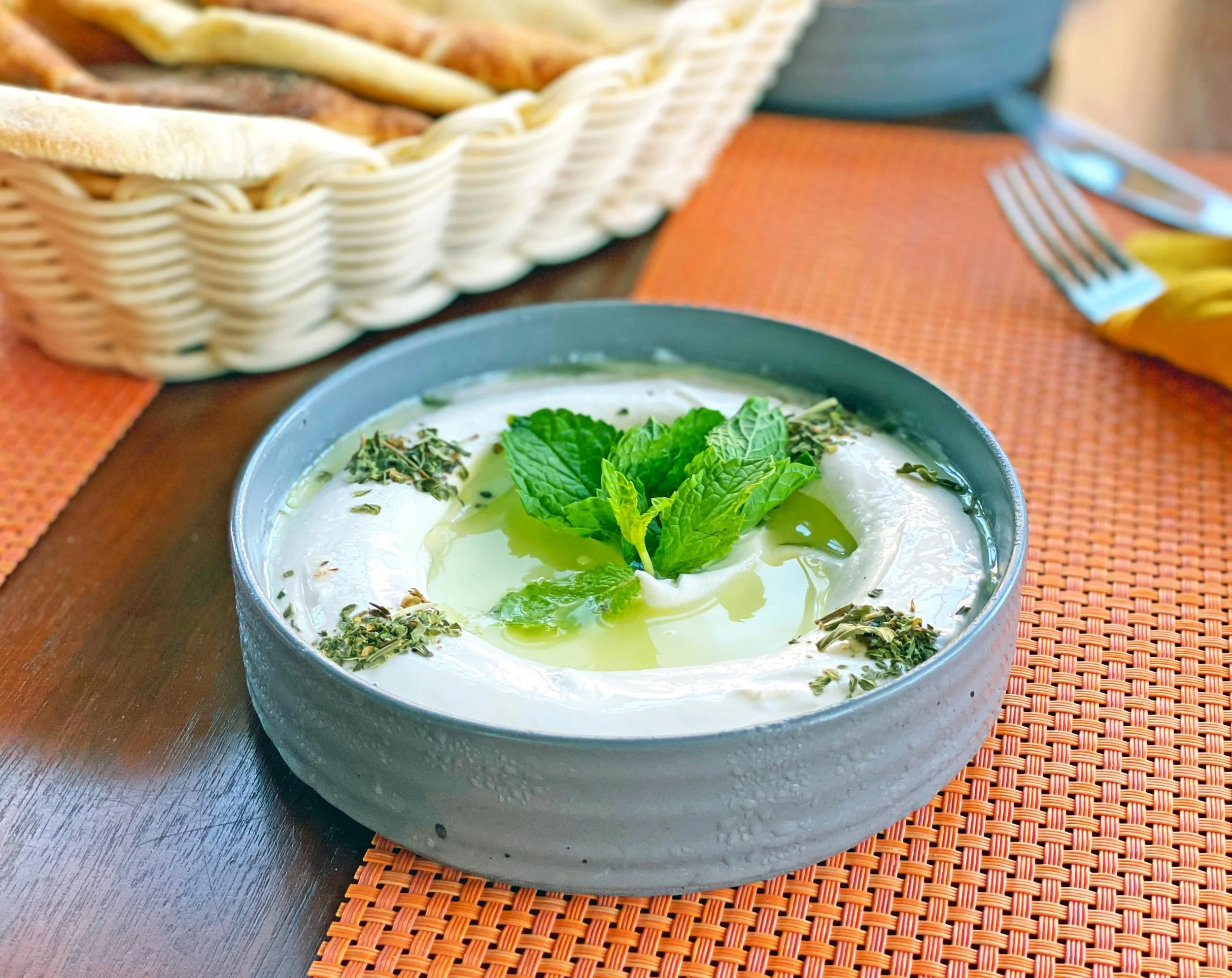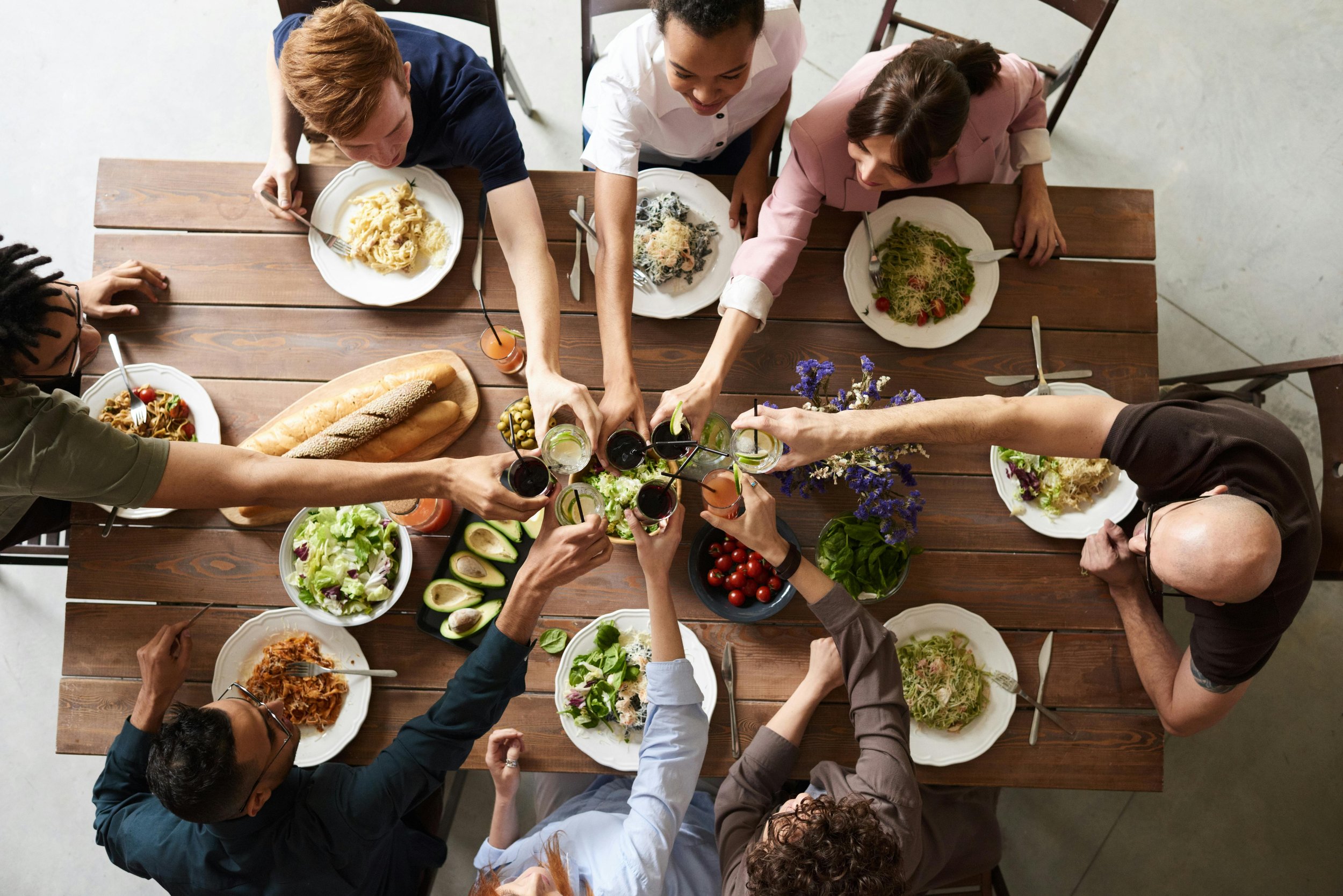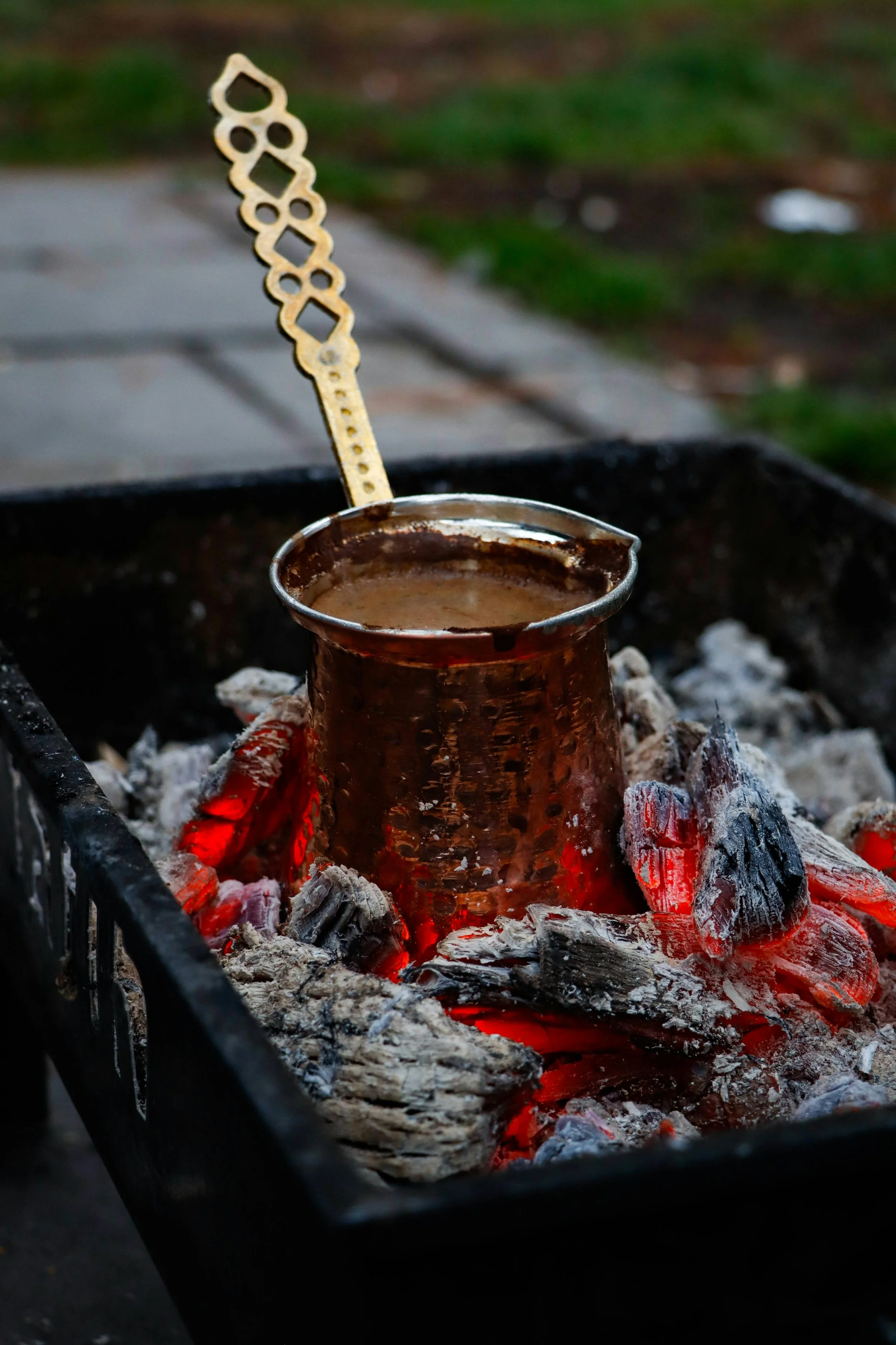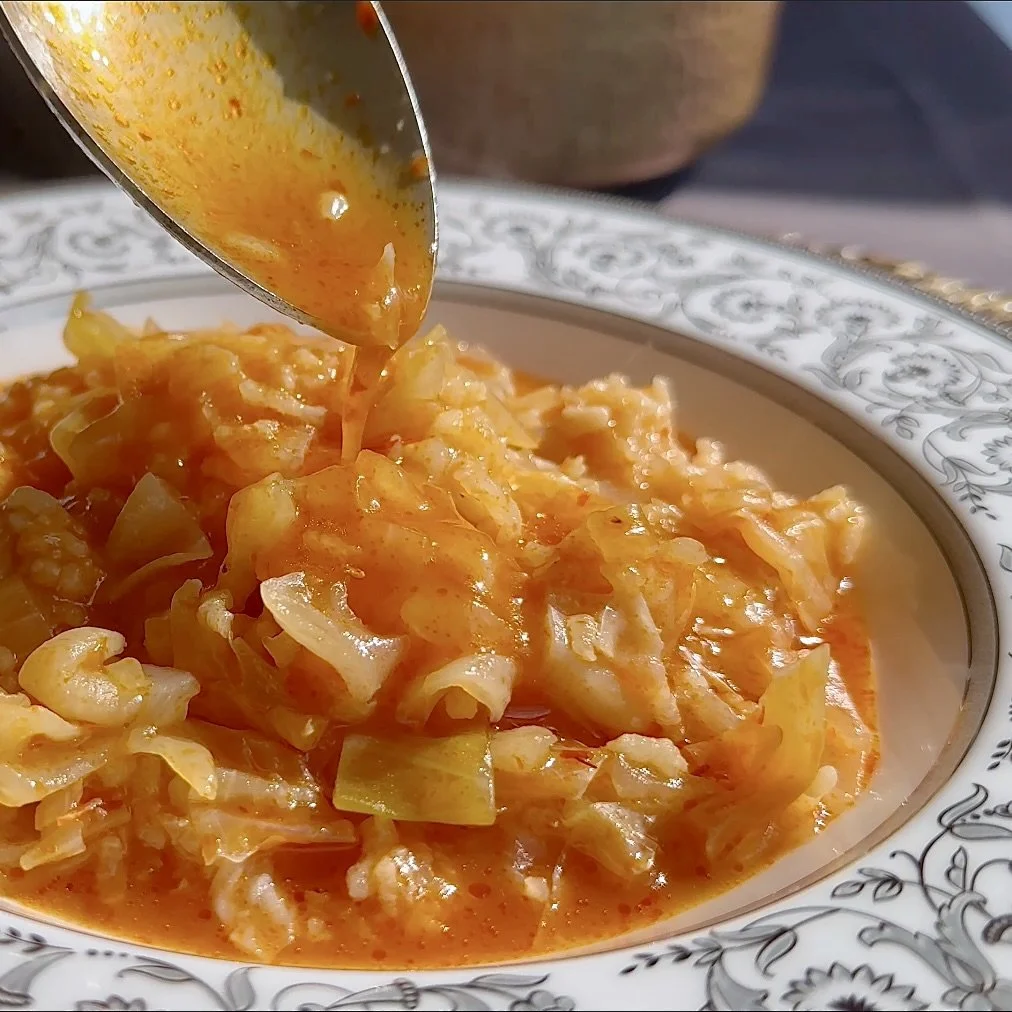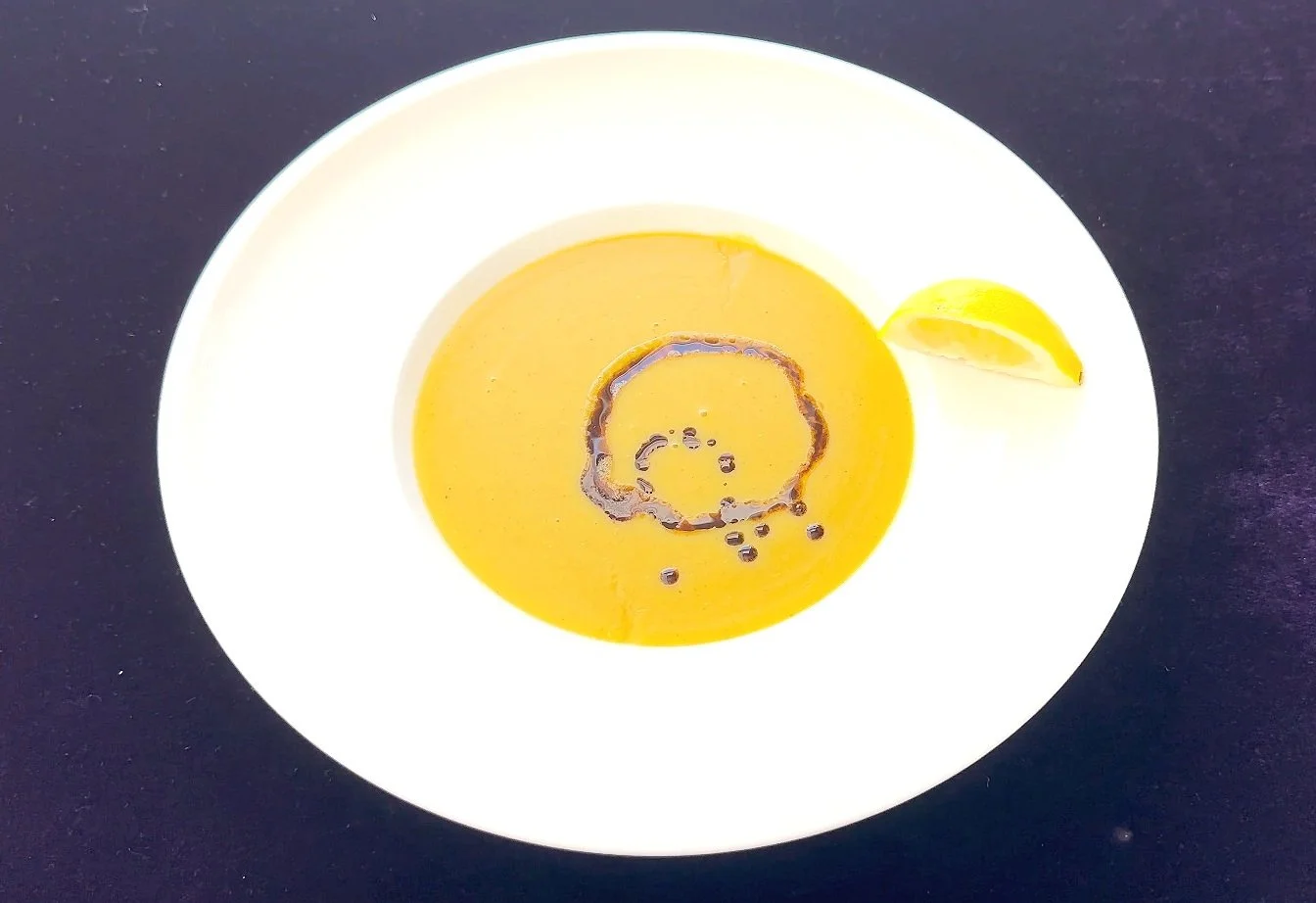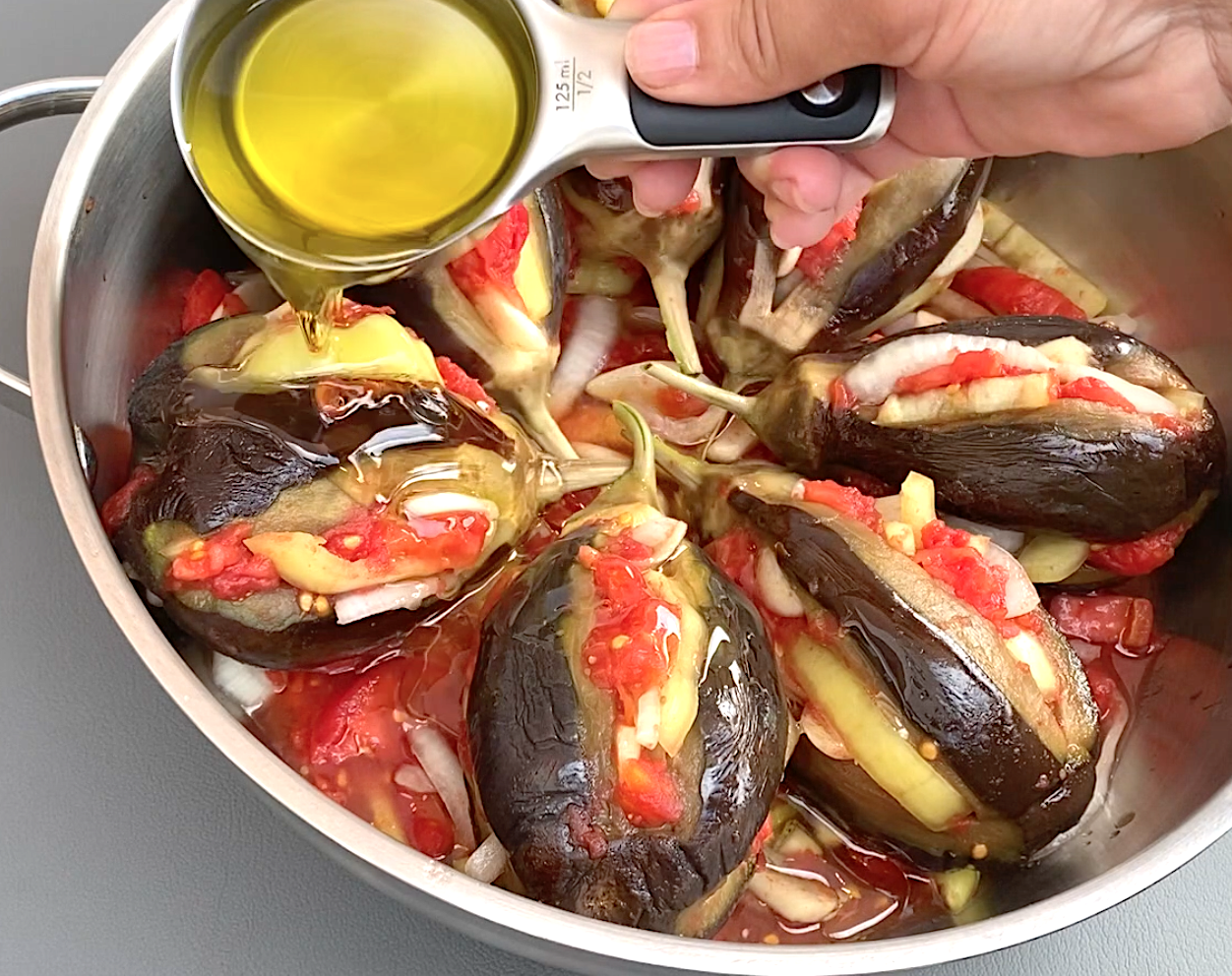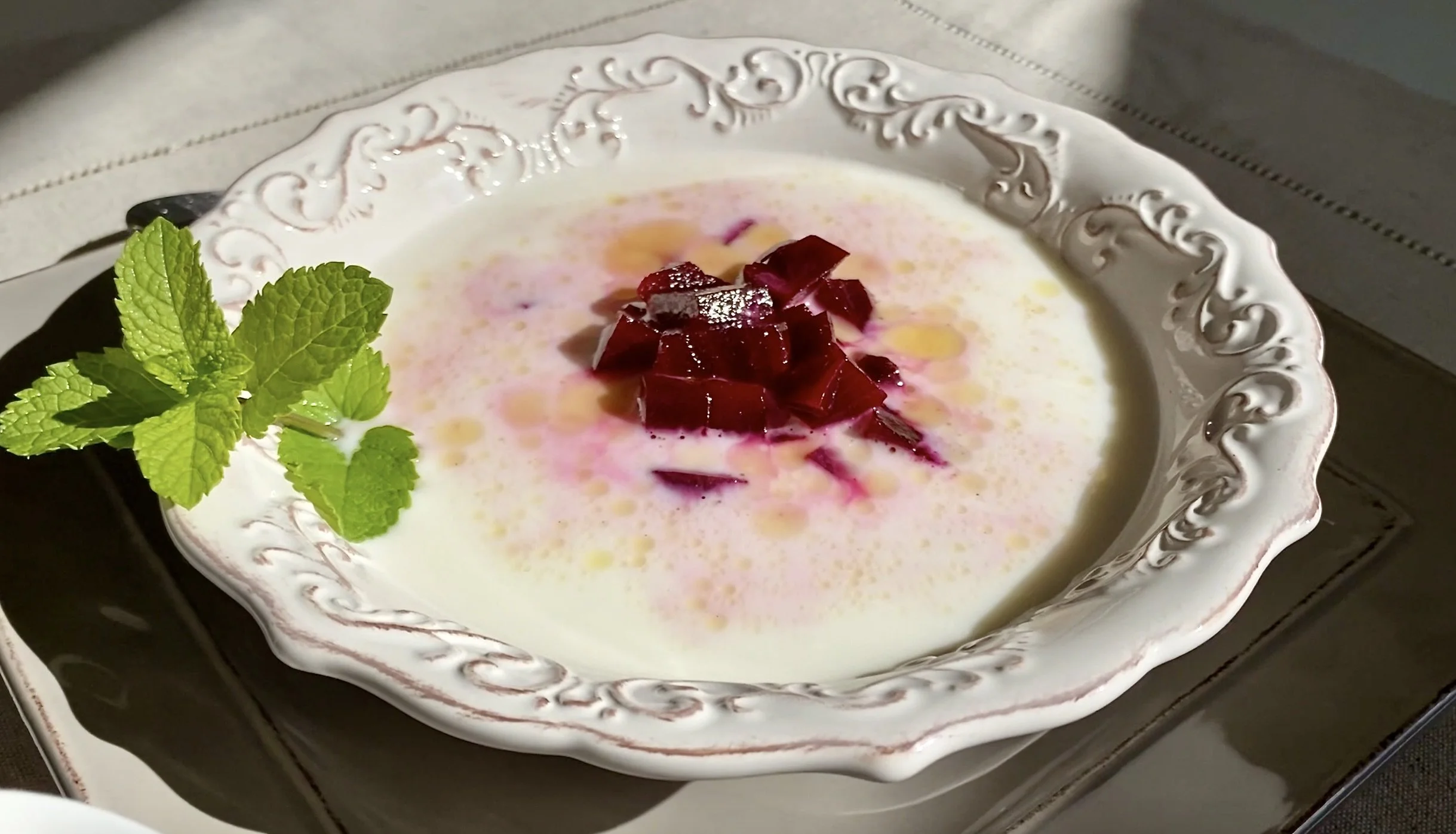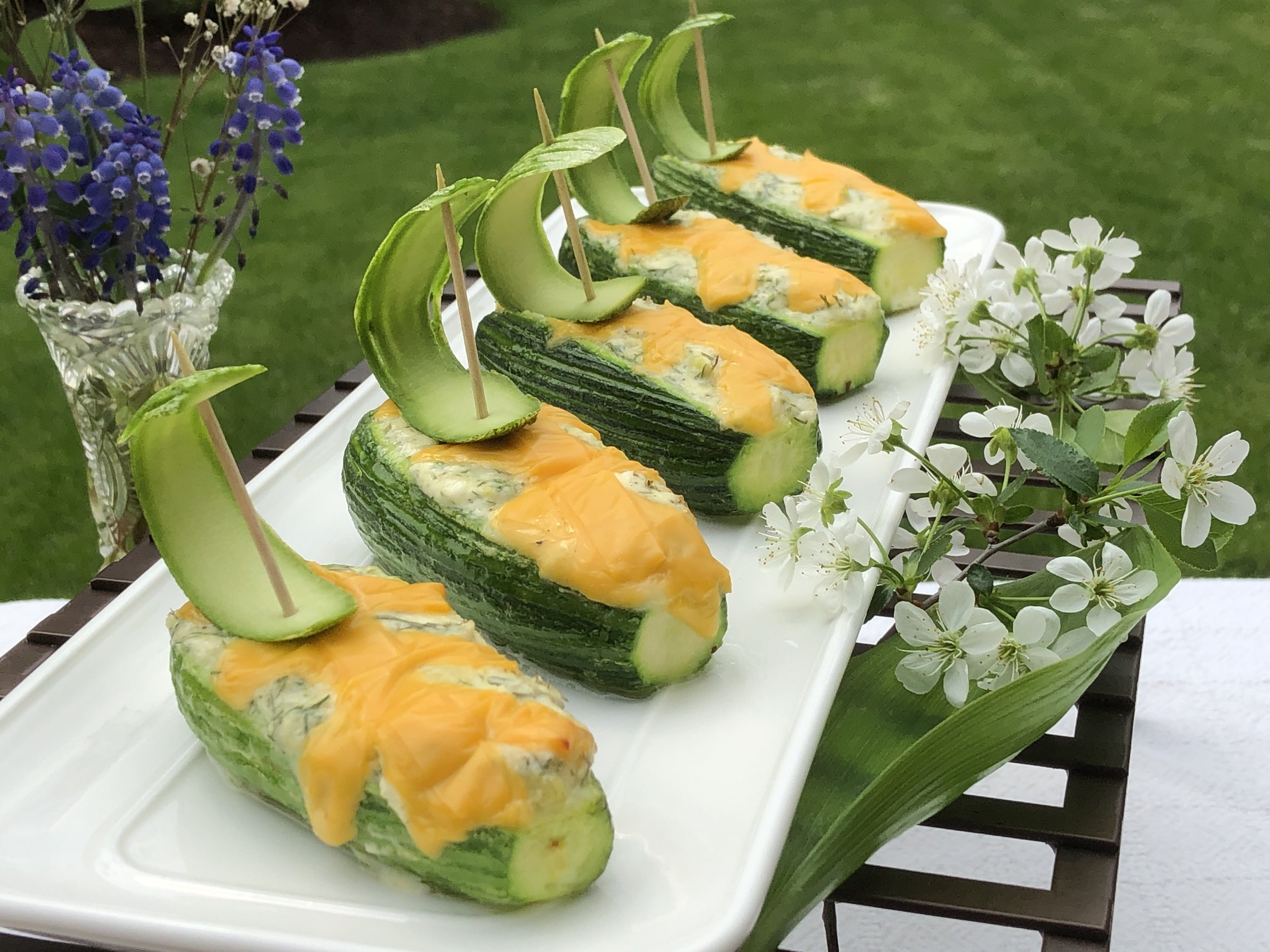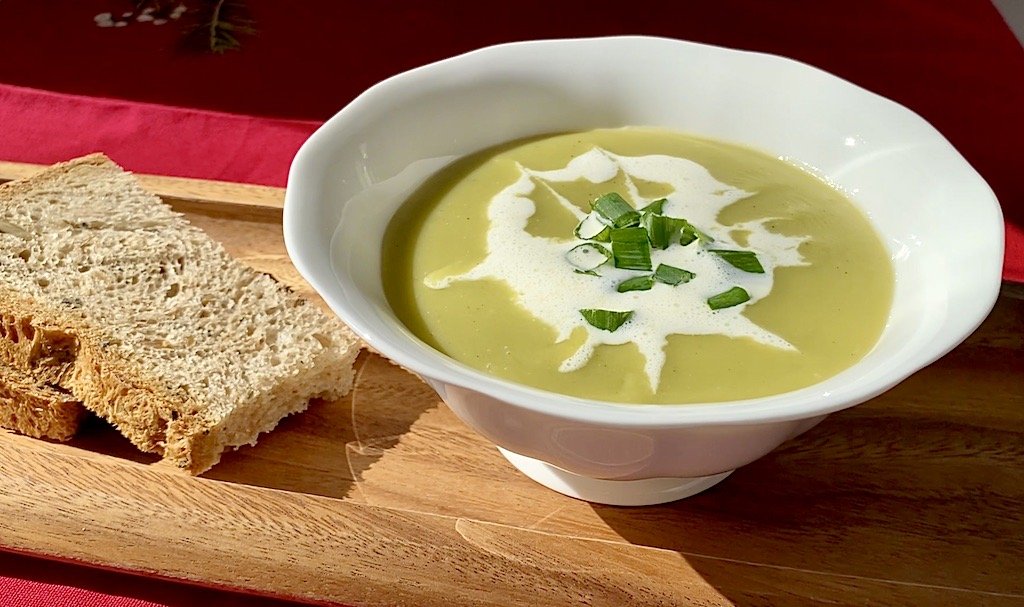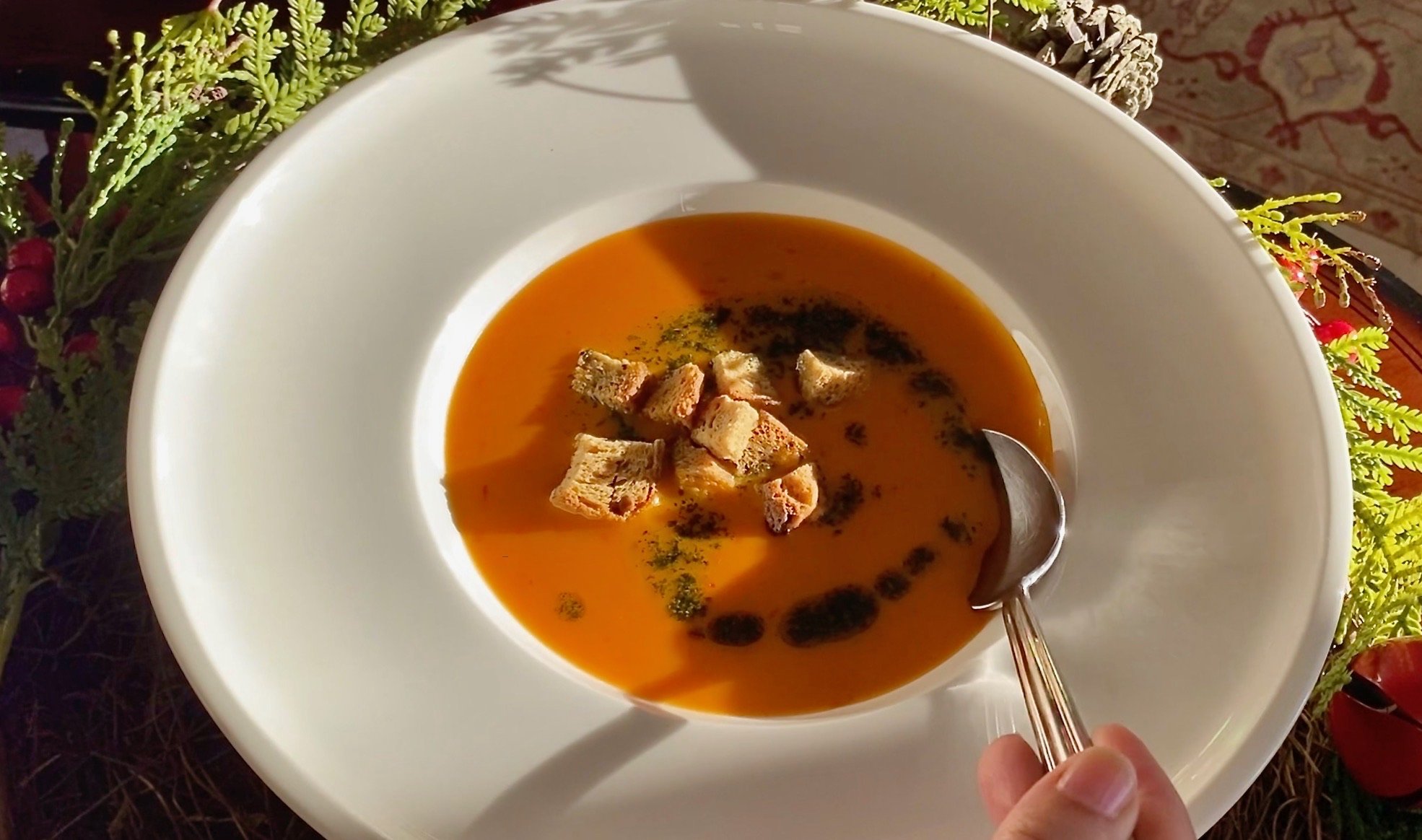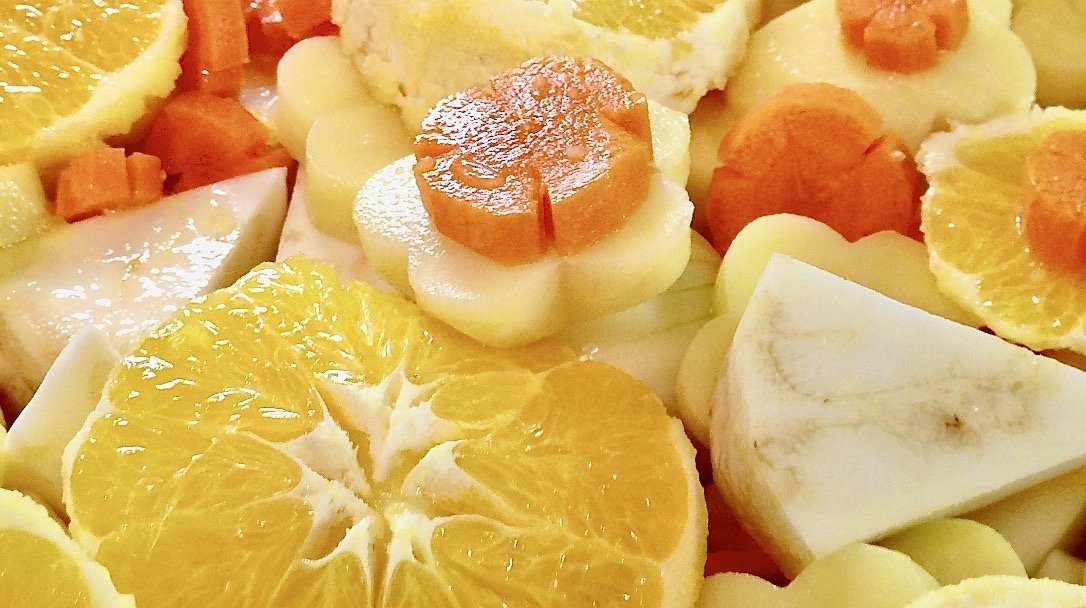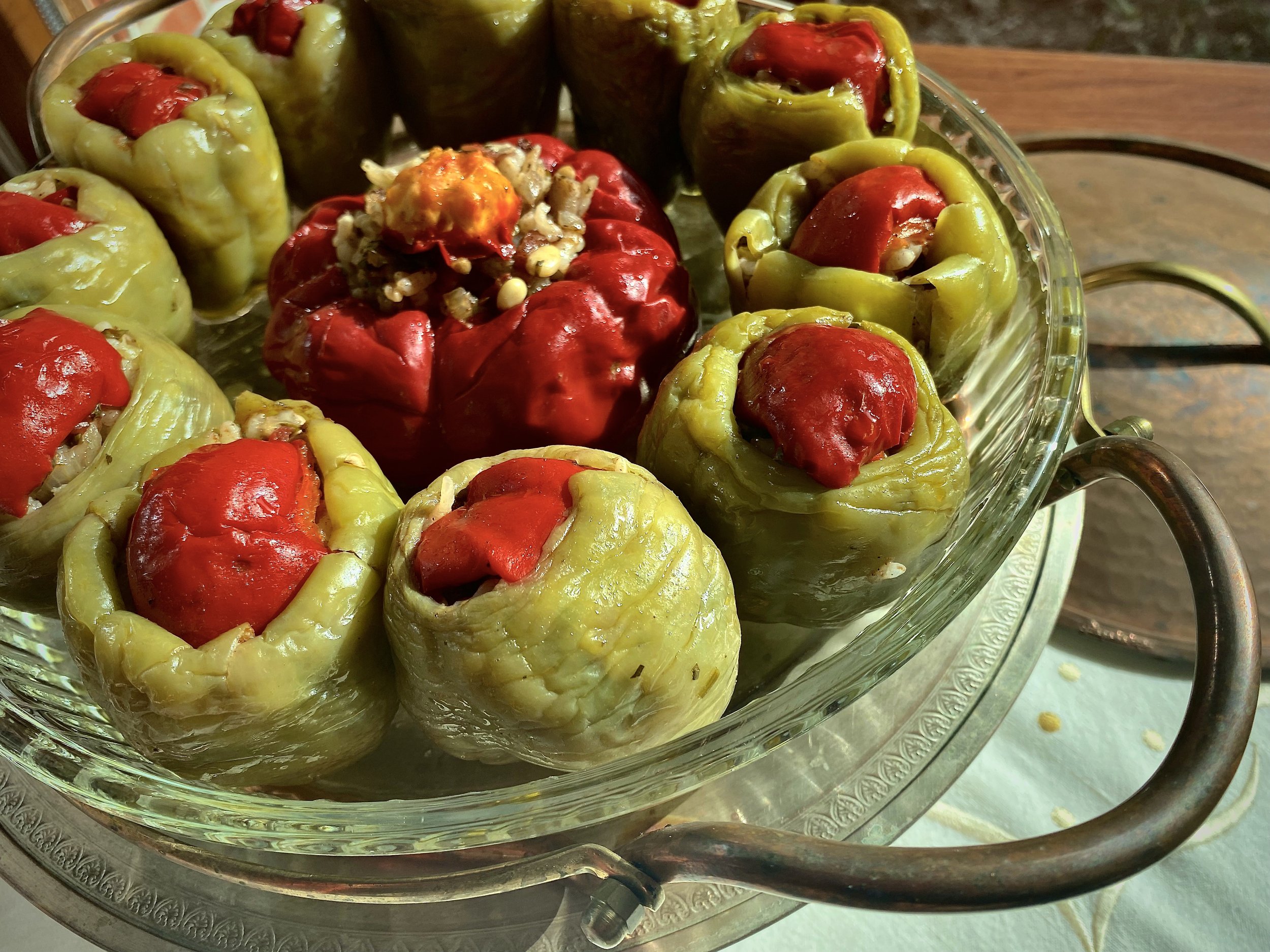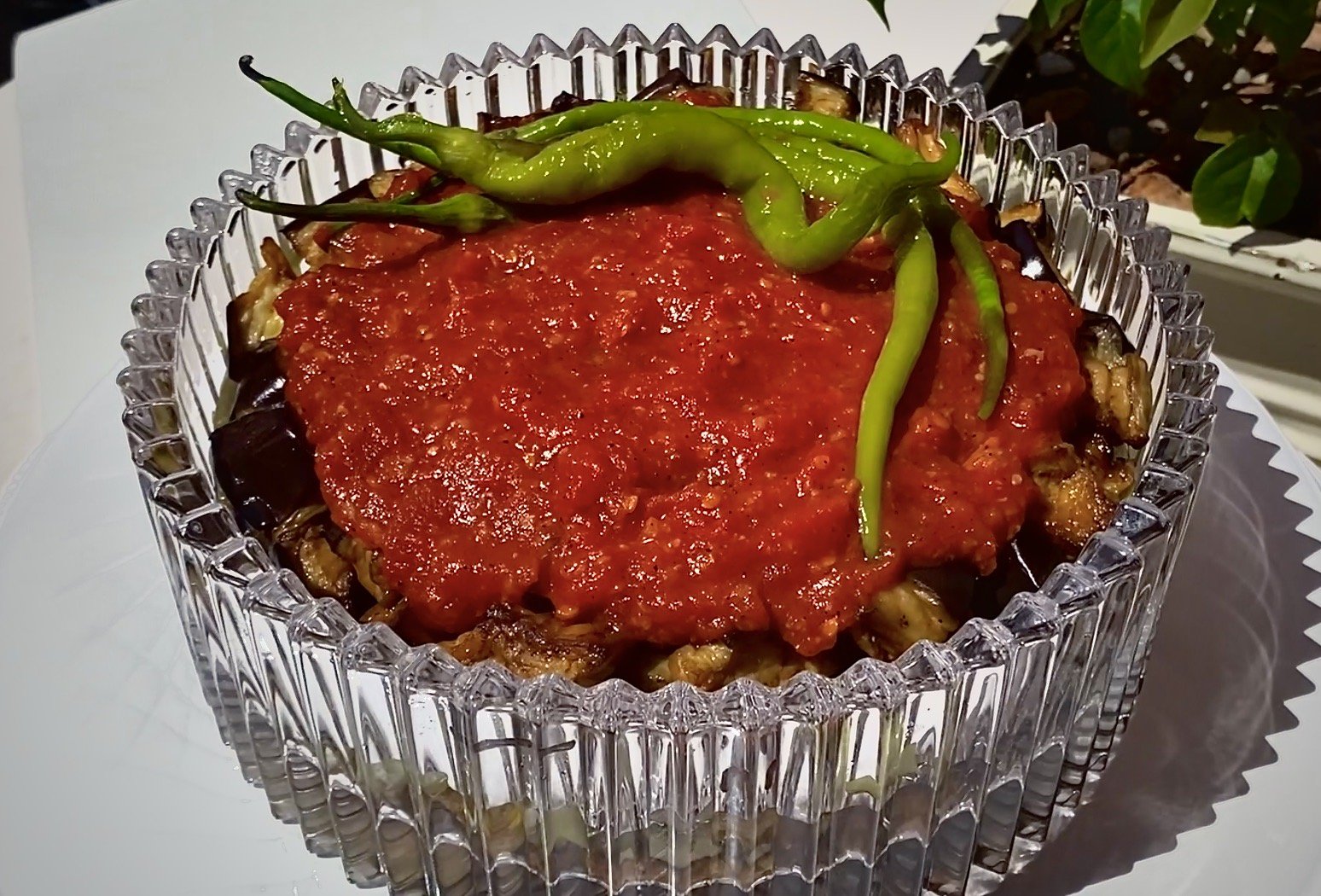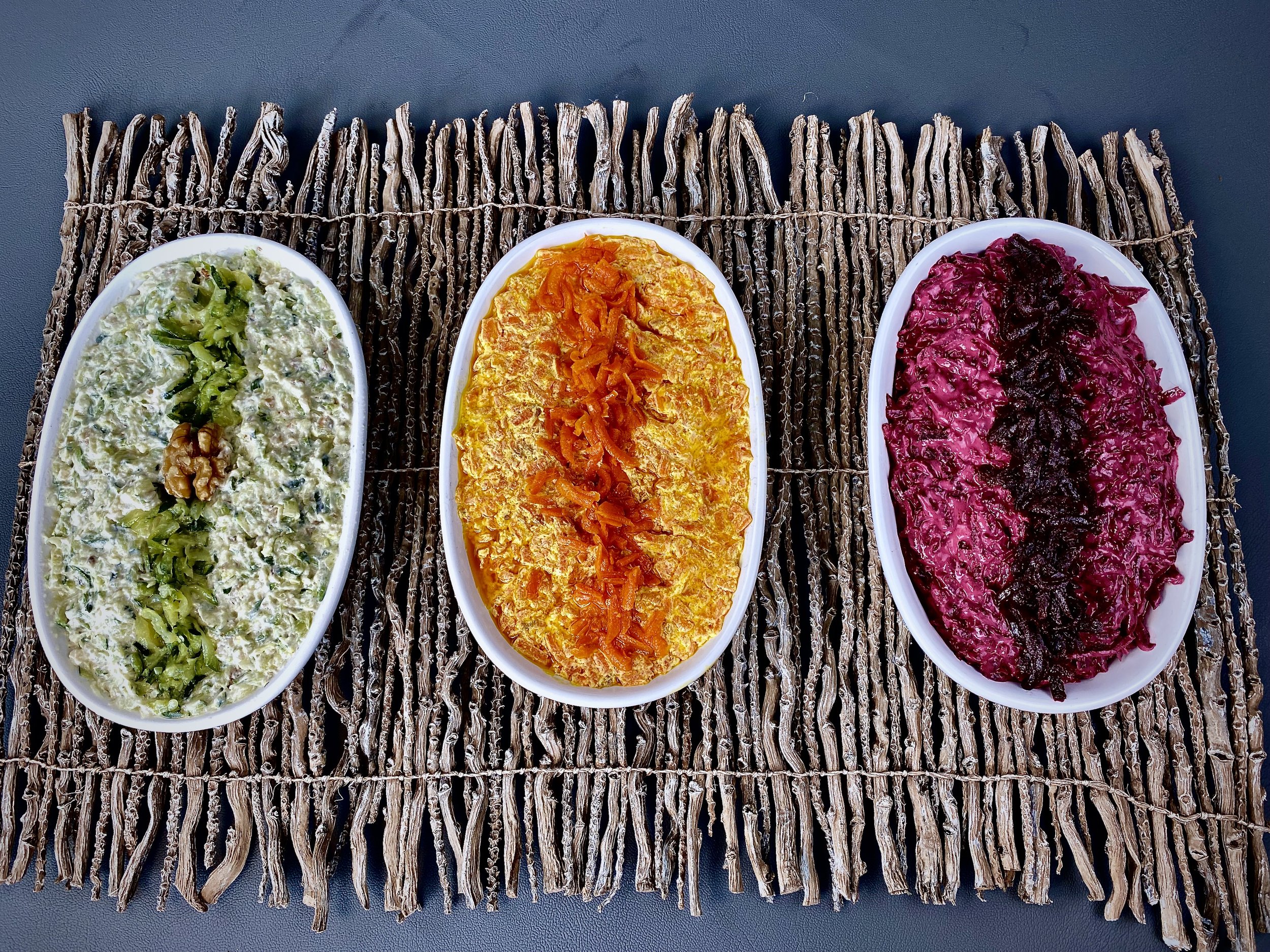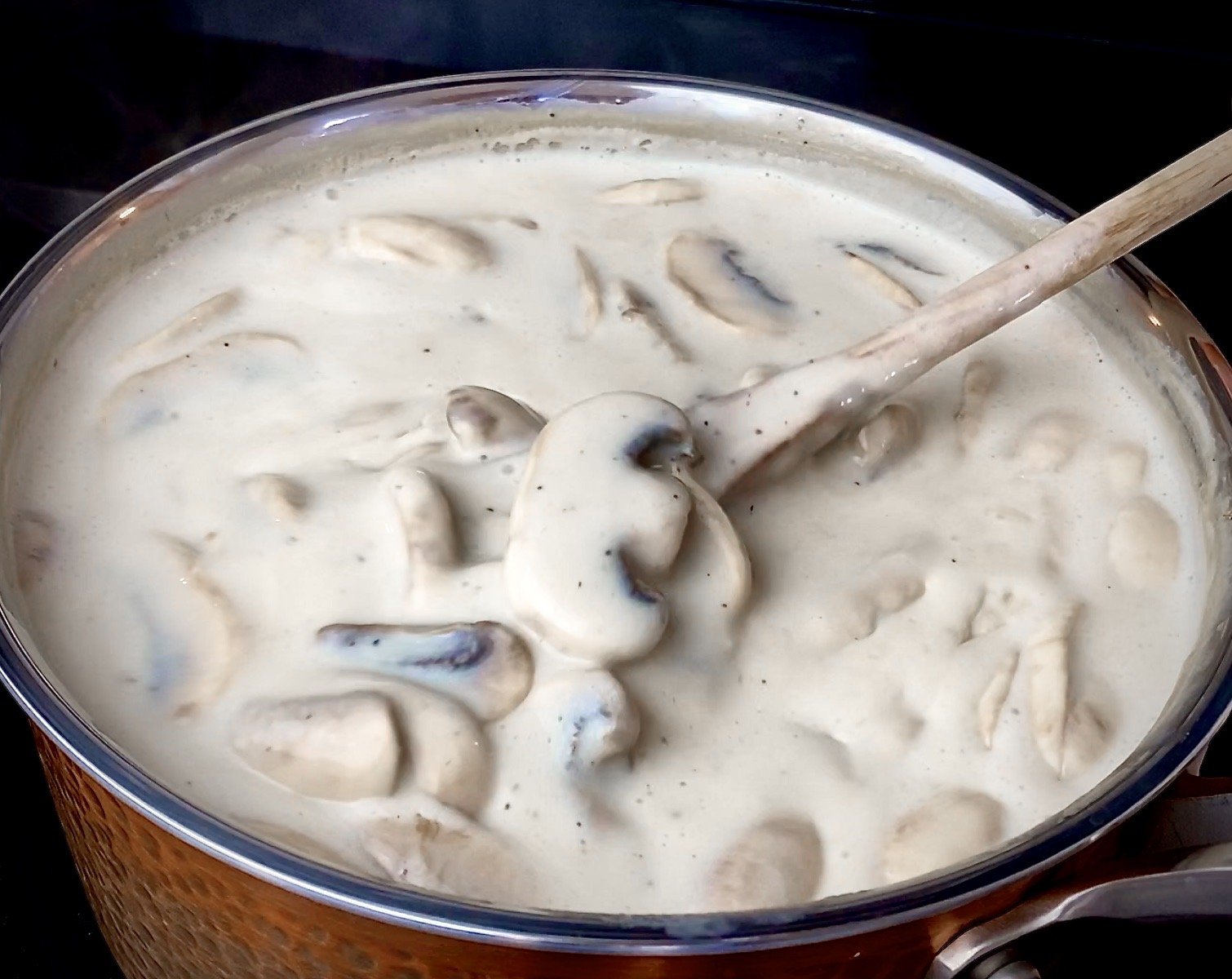Timeless Wisdom of Mothers: How Women Shape Our Lives, Cultures, and Culinary Traditions
I used to get so annoyed with grandma.
It felt like all she ever wanted to do was tell me stories about her past—stories I couldn’t quite relate to. She spoke of a time when the world felt simpler, slower, and yet somehow more meaningful. Back then, I was impatient. I didn’t understand the point of those tales. Why did she cling to them so tightly?
But now, as I grow older, I find myself craving those very stories.
There’s something in them that grounds me. It's as if I've finally tuned into the frequency of another generation. A quiet frequency—one that speaks of sacrifice, love, humour, and resilience in ways that no textbook or life coach ever could.
Even more than my grandmother's voice, I’ve come to value how my mother carried those stories forward—how she distilled lessons from them without ever sounding like she was preaching. She made the past feel alive, relevant, even comforting. And now I see how much wisdom surrounded me as a child, passed down not through lectures, but through tea and quiet glances, through knowing looks and recipes written in the margins of old notebooks.
Growing up with three generations of women under one roof, I didn’t always understand what I was being given. But now? Now I wonder who I would be without them.
The Foundation of Wisdom: Mothers in Turkish and Anatolian Culture
As I reflect on my family’s stories, I see how they mirror a much older, wider truth. In Turkish and Anatolian culture, mothers are the silent architects of tradition. They don’t just raise children—they raise entire generations.
In many Turkish families, the mother is the centre of the home, the quiet axis around which everything else turns. She is often the keeper of stories, the protector of sacred rituals, and the moral compass when life feels uncertain. In many ways, she is the memory of the family. And in Anatolia—where layers of civilization have shaped everyday life—mothers are also the ones who carry spiritual knowledge, healing remedies, and protective customs passed down for centuries.
They don’t call attention to what they do. They just do it.
And yet, so much of what we call culture, identity, or tradition has been built with their hands.
Mothers as Spiritual Guides and Protectors
Long before formal religion, long before modern medicine, there were mothers.
Women in Anatolia have passed down earth-based rituals and spiritual practices for generations, many of which predate Islam and stretch back to Tengrism and Central Asian shamanistic beliefs.
Even today, traces of this spiritual heritage remain.
For example, shortly after birth, both mother and baby are adorned with red — a string tied to the crib, a headband wrapped gently around the mother’s hair — to shield them from misfortune and unseen forces. When someone moves into a new house, the first thing we bring into the house is a basket filled with bread, salt, eggs, coins, and a mirror. Each item carrying its own meaning: bread to ensure the home would never know hunger, salt for flavour and preservation, eggs for fertility and new beginnings, coins for prosperity, and a mirror to invite light and clarity into the new space. If a loved one left on a long journey, we’d pour a little water behind them as they walked away, so they’d return “as fast and smooth as flowing water.” And every so often, the air in our home would carry the scent of burnt sage — not just for its woody aroma, but to gently clear the energy of the space. Although technically superstitions, these are simple acts of care — the kind passed down through generations of women who knew that home was more than walls. It was spirit, story, and protection.
Mothers understood the rhythms of nature, the cycles of illness and recovery, and the subtle ways to protect a household.
They were the first herbalists, the first therapists, the first storytellers of magic and medicine. And even now, if you listen closely, you’ll hear their wisdom humming beneath the surface of daily life.
Nurturing Through Food: The Culinary Legacy of Mothers
Of all the roles a mother plays, perhaps none is more quietly powerful than that of cook.
In Turkish and Anatolian homes, food isn’t just nourishment—it’s memory, identity, and emotion served on a plate.
Our mothers and grandmothers are the ones who taught us not just how to cook, but why we cook. They taught us the patience of kneading dough by hand, the reverence of preparing seasonal vegetables, and the quiet satisfaction of using every part of a plant or animal with nothing wasted.
Learning to cook in our home was never about measuring spoons. It was about learning when something feels ready. It was about observing—watching how my grandmother soaked the dried beans overnight, how my mother added yogurt at just the right moment, and how the kitchen always smelled like something between rosemary and home.
Through food, they passed on values: gratitude, timing, intuition, and love.
And without ever saying it directly, they taught us that feeding someone is one of the purest ways to care.
The Power of Proverbs: Stories Woven into Language
I used to roll my eyes at the old sayings.
“Her işin başı sağlık,” my grandmother would say whenever I groaned about how long something took. "Health is the foundation of everything."
At the time, I thought she was just making excuses to go slow. But now, I hear the truth in her words every day.
Turkish mothers and grandmothers don’t just pass down recipes. They pass down language—sayings and proverbs that hold generations of wisdom in a single sentence. These idioms are like seasoning for life: just a pinch, added at the right time, changes everything.
They teach us patience, perspective, and humility. They remind us of what's truly important.
And like the best advice, they never go out of style.
A Global Tribute: Honouring the Mothers of the World
Whether in Istanbul or Ontario, in Kayseri or Kansas, the role of the mother is universal.
She’s the one who gets up before the rest of the house stirs. The one who remembers birthdays and doctors' appointments, who packs lunch and carries worry in her bones like it’s her native language.
She is the one who gives quietly, over and over again.
So today, wherever you are, take a moment to honour the mothers and mother-figures in your life—not just for the meals or the care, but for the traditions, the strength, and the stories that continue to shape us long after we’ve grown.
Next time you sit down to eat, take a second to wonder:
Who taught you to make this? Whose hands taught your hands?
Share the Wisdom
If your life has been shaped by a mother, grandmother, or wise woman in your community, we’d love to hear about it.
Share your story using the hashtag #FairiesWisdom and let us celebrate the beautiful, everyday legacies that women pass down through their food, their stories, and their love.
Because this—this quiet, resilient, ancient wisdom—is the thread that holds the world together.


